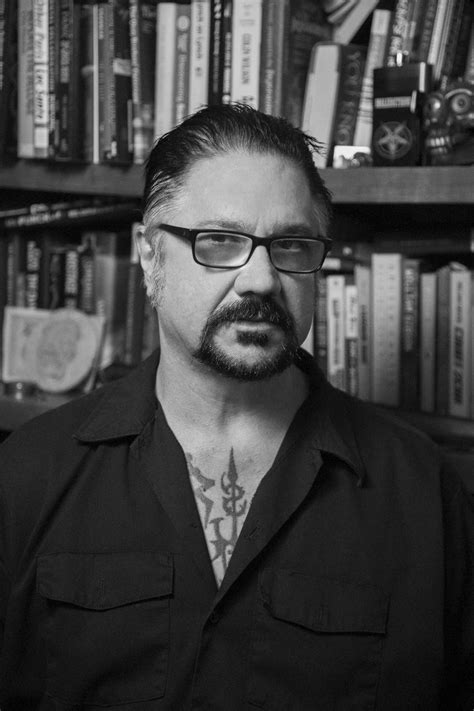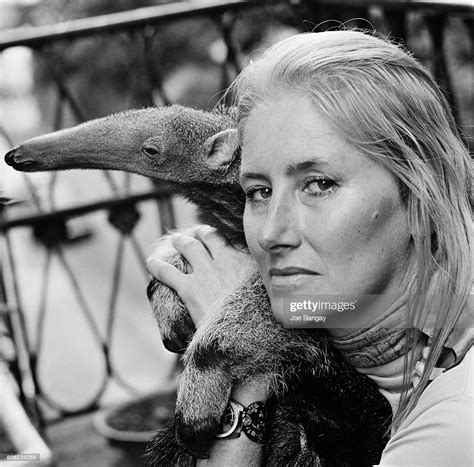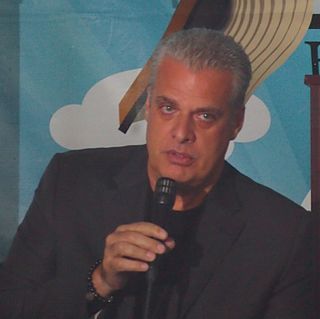A Quote by Barbara Kingsolver
Growing food was the first activity that gave us enough prosperity to stay in one place, form complex social groups, tell our stories, and build our cities.
Related Quotes
What type of new economical system can organize this system? There is another sector in our life, that we rely on every single day, that are absolutely essential: the social commons, the social economy. It is all the activity we engage in to create social capital. It doesn't create capital market. Social commons is growing faster than the market place. It is growing faster than the market place. The social commons include any activity that is deeply social and collaborative.
This is where you first failed us. You gave us minds and told us not to think. You gave us curiosity and put a booby-trapped tree right in front of us. You gave us sex and told us not to do it. You played three-card monte with our souls from day one, and when we couldn't find the queen, you sent us to Hell to be tortured for eternity. That was your great plan for humanity? All you gave us here was daisies and fairy tales and you acted like that was enough. How were we supposed to resist evil when you didn't even tell us about it?
We read our mail and counted up our missions In bombers named for girls, we burned The cities we had learned about in school Till our lives wore out; our bodies lay among The people we had killed and never seen. When we lasted long enough they gave us medals; When we died they said, "Our casualties were low." They said, "Here are the maps"; we burned the cities.
Our parents, our tribesman, our authority figures, clearly expect us to be bad or anti-social or greedy or selfish or dirty or destructive or self-destructive. Our social nature is such that we tend to meet the expectations of our elders. Whenever this reversal took place and our elders stopped expecting us to be social and expected us to be anti-social, just to put it in gross terms, that's when the real fall took place. And we're paying for it dearly.
Cooking is a holistic process of planning, preparing, dining and sharing food. I place food at the center of our humanity, as it nourishes not only our physical bodies but also our emotional and spiritual lives. Food is truly a cultural phenomenon that informs our traditions and our relationship with the earth. I genuinely believe that food connects us all.
Maybe that's what growing up means, in the end - you go far enough in the direction of - somewhere - and you realise that you've neutered the capacity of the term home to mean anything. [...] We don't get an endless number of orbits away from the place where meaning first arises, that treasure-house of first experiences. What we learn, instead, is that our adventures secure us in our isolation. Experience revokes our licence to return to simpler times. Sooner or later, there's no place remotely like home.
What does it matter, if we tell the same old stories? ...Stories tell us who we are. What we’re capable of. When we go out looking for stories we are, I think, in many ways going in search of ourselves, trying to find understanding of our lives, and the people around us. Stories, and language tell us what’s important.
Cities can be the engine of social equity and economic opportunity. They can help us reduce our carbon footprint and protect the global environment. That is why it is so important that we work together to build the capacity of mayors and all those concerned in planning and running sustainable cities.
The storyteller is deep inside everyone of us. The story-maker is always with us. Let us suppose our world is attacked by war, by the horrors that we all of us easily imagine. Let us suppose floods wash through our cities, the seas rise . . . but the storyteller will be there, for it is our imaginations which shape us, keep us, create us - for good and for ill. It is our stories that will recreate us, when we are torn, hurt, even destroyed. It is the storyteller, the dream-maker, the myth-maker, that is our phoenix, that represents us at our best, and at our most creative.
We are on the earth, and they tell us of heaven; we are human beings, and they tell us of angels and devils; we are matter, and they tell us of spirit; we have five senses whereby to admit truths, and a reasoning faculty by which to build our belief upon them; and they tell us of dreams dreamed thousands of years ago, which our experience flatly contradicts.







































